AI Generator
Writing Music With AI Tools: How Producers and Composers Are Using Artificial Intelligence Software to Create Songs
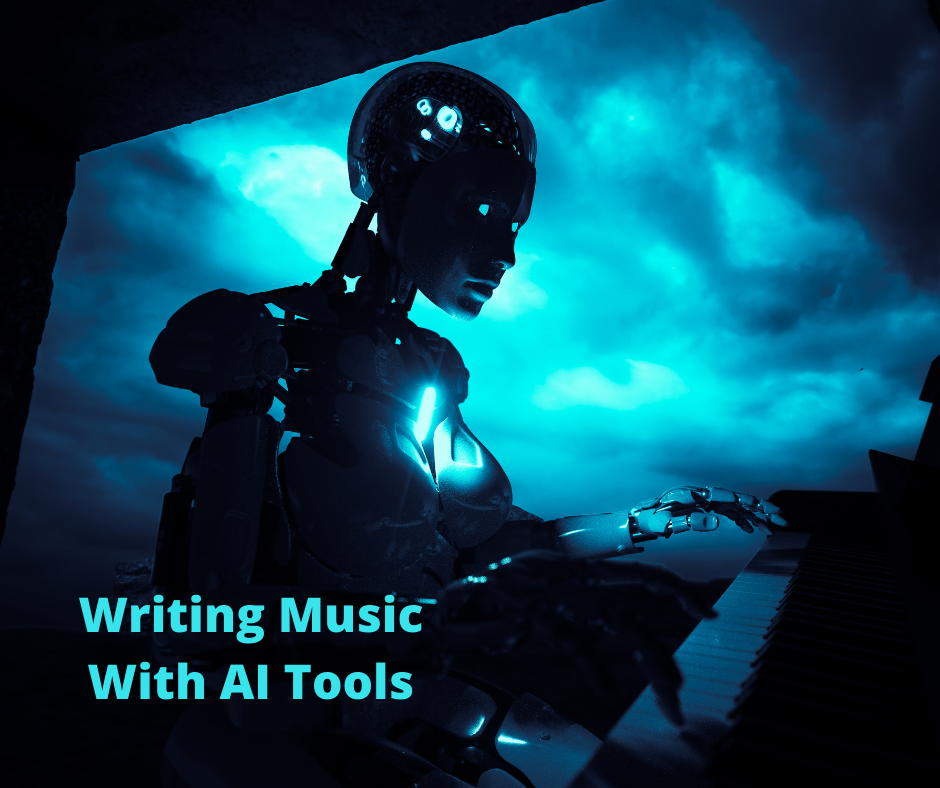
It’s no secret that artificial intelligence (AI) is slowly but surely taking over the world. But you may not know that AI is also changing the way music is created. Producers and composers are now using AI software to create entire songs, from start to finish.
Writing Music With AI Tools
This article will explore how producers and composers are using AI tools to write music and some of the benefits and challenges associated with this new technology.
One of the most fascinating aspects of artificial intelligence in music is its ability to help composers create new pieces of music. Thanks to the power of AI, composers can now get suggestions for loops and chord progressions based on their prior selections.
This means that they can quickly and easily come up with new ideas for songs, without spending hours stuck in a creative rut. AI has also made it possible for everyone to be a composer, regardless of their level of experience or training. So whether you’re a seasoned professional or a complete novice, you can use AI to compose beautiful music.
AI is a Game-Changer
The use of AI in music has been a game-changer in the industry. It has opened up new possibilities for creativity and expression. For example, AI-assisted music composition tools can help you come up with new ideas and inspiration for your music.
They can also help you sketch out music quickly and easily, without the need for a lot of gear or space. In addition, AI can help you generate realistic sounds and textures that would be difficult to create with traditional methods. As a result, AI is increasingly becoming essential for music production.
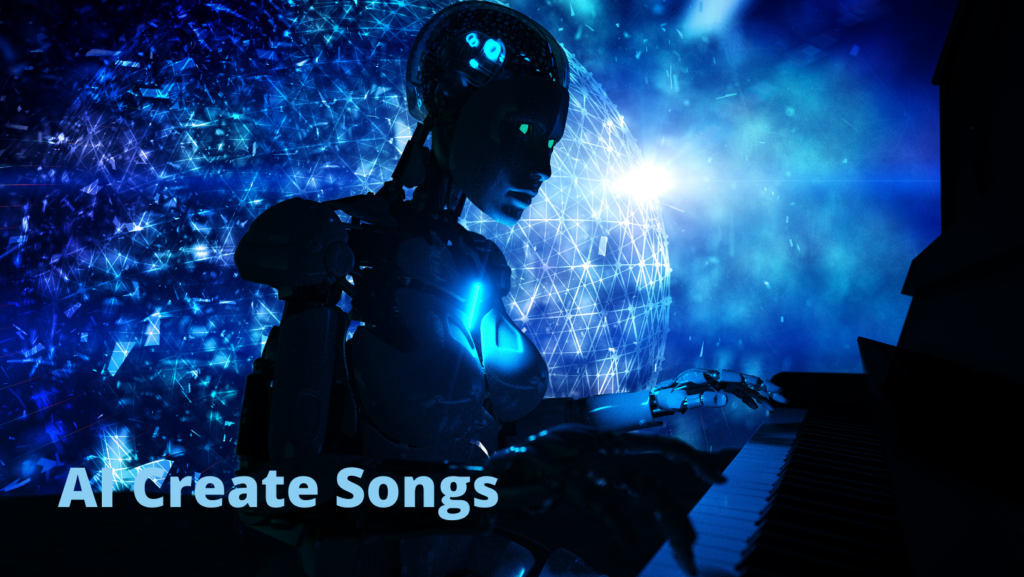
AI Tools and Blockchain
As artificial intelligence (AI) continues to advance, its applications are becoming increasingly diverse. One area that has seen recent AI advances in the music industry.
Producers and composers are now using AI software to create songs, and the results are often surprisingly good. The software is able to analyze a song and identify the most important elements, such as the melody, chord progression, and so on. It can then generate new songs that are similar to the original but with some variations.
This allows producers and composers to create new music quickly and efficiently. In addition, AI can also be used to improve the quality of existing songs. For example, it can be used to remove background noise or to add new instrumentation.
As AI continues to evolve, it is likely that its impact on the music industry will only grow.
Blockchain is another technology that is changing the world. Unlike traditional databases, which are centralized and controlled by a single entity, blockchain is decentralized and distributed across a network of computers. To learn more about Blockchain take a look at DreamRidiculous‘ article How Blockchain Is Changing the World, Your One-Stop Source for All Things Crypto & Blockchain.
This makes it much more secure and reliable. In addition, blockchain can be used to create “smart contracts” which are automatically executed when certain conditions are met. This could have a huge impact on many industries, such as banking and insurance. As with AI, the use of blockchain in the music industry is still in its early stages.
However, there are already a few startups that are using blockchain to create new platforms for music streaming and distribution. For example, is a platform that allows artists to sell their music directly to fans, without the need for a middleman.
The Role of Technology in Music
As an artist, I’ve always been fascinated by the role of technology in music. From the invention of the printing press, which made sheet music widely available, to the development of audio recording and playback technologies, which transformed the music industry, technology has always played a vital role in shaping the sound of popular music.
Today, we’re on the cusp of another major shift in the way music is created and consumed, thanks to the emergence of artificial intelligence (AI). AI is already being used by some of the world’s biggest stars to create new sounds and compositions, and it’s only going to become more prevalent in the years to come. While many musicians are excited about the potential of AI-created music, others find it daunting.
Role of The Human Musicians
After all, if a machine can create a hit song, what role will human musicians play in the future? I believe that there’s room for both human and machine-generated music in the future.
Just as digital tools like Pro Tools and Ableton have empowered bedroom producers to create professional-sounding tracks without years of training, AI will open up new possibilities for creativity and self-expression. For example, imagine being able to feed a song idea into an AI system that would then generate a fully produced track based on your input.
Or what if you could create a virtual bandmate that would help you compose new songs and provide feedback on your work? These are just some of the ways that AI will change the music industry in the years to come.
However, it’s important to remember that AI is not a magic bullet. While it can be used to create incredible-sounding music, it’s ultimately up to the human composer to give the music its soul. AI is a powerful tool that can be used to create amazing music, but it will never replace the need for human creativity.
AI Music Homogenization of Music
There’s no question that artificial intelligence (AI) is rapidly evolving and changing the landscape of many industries. One area where AI is beginning to have a significant impact is music composition.
While some purists may be resistant to the idea of using AI to create music, the reality is that AI can be a powerful tool for both enhancing creativity and boosting productivity. For example, by using AI to generate musical ideas and themes, composers can quickly come up with new ideas and inspiration for their works.
Additionally, AI can be used to streamline the composting process by helping to create drafts, identify errors, and suggest improvements. In many ways, AI is simply another tool that composers can use to help them create better music. So rather than resisting the change, composers should embrace AI and all it has to offer.
Producing Music Commoditizes
The meteoric rise of technology has drastically changed the music industry and the way in which musicians operate. In the past, musicians would have to book time at inexpensive studios and hire skilled engineers in order to create a professional-sounding recording.
However, today, thanks to advancements in audio software and hardware, it is possible for anyone with a computer to create high-quality recordings at home. While this has democratized the music industry and made it easier than ever for aspiring musicians to get their start, it has also put pressure on established artists who may feel threatened by the increased competition.
In addition, the increasing reliance on technology has also led to some musicians feeling sidelined, as production tools such as drum machines and sample libraries make it possible for non-musicians to create professional sounding tracks. As the music industry continues to evolve, it will be interesting to see how musicians adapt and whether technology will ultimately help or hurt their careers.
Producing music has commoditized over the past 20 years as technology has allowed anyone with a laptop to create a studio. The industry as a whole has changed too, now favoring streaming services that offer vast libraries of songs for low monthly fees.
This commoditization has made it difficult for new artists to make a living, but it has also led to a surge in creativity and innovation. As technology continues to evolve, new opportunities will open up for music creators. And while the industry may always be in flux, the future of music looks bright.
As the music industry continues to evolve, composers and producers are facing increasing levels of competition. In order to stay ahead of the curve, it is essential to keep up with the latest developments in music technology. One of the most exciting recent advancements is LANDR Audio Mastering, an AI-powered tool that can produce professional-quality sound without the need for expensive studio rates or complex plugins.
While some may view this as a threat to traditional mastering engineers, the reality is that LANDR provides a valuable new option for those who are looking to create high-quality sound without breaking the bank. By offering a cost-effective and user-friendly solution, LANDR is poised to revolutionize the music industry and make professional-level sound accessible to everyone.
Employing AI For Music
There are many benefits to using AI and assisted music writing tools. Among these is the ability to simulate a jam session. This is normally done with a band or group of writers running lines and ideas by each other in real-time or passing session files back and forth. I
f you’re a one-man band, you may find yourself improving over tracks to find new melodic lines and ideas. The same thing can be done with assisted writing tools but in a much faster and isolated manner. Think about having a melody line, but not knowing which harmony fits best. With assisted writing tools, you can cycle through harmony options quickly and easily, trying out different combinations until you find the perfect fit.
This can save a lot of time and frustration, especially when working on complex pieces. In addition, AI-assisted music writing tools can help you to create more realistic sounding parts, particularly when it comes to drums and percussion. By programming in various human factors, such as swing and feel, these tools can give your tracks a more organic sound that will better connect with listeners.
In the past, signer songwriters would purchase drum machines and lay down basic drum lines/tracks to kick start their ideas. These drum machines would range, some going up in the thousands of dollars.
Today that same writing style can be employed using Logic X’s stock drummer or various other writing tools. This different software allow users to create very realistic sounding drums without having to be a drummer themselves. As a result, more people are able to create music that they otherwise wouldn’t have been able to.
In addition, these tools also give users a lot of flexibility in terms of creating unique sounds and beats. As a result, they are becoming increasingly popular with both professional and amateur musicians alike.
Avoid Writer’s Block
If you’re a musician, you know that writer’s block is a very real phenomenon. You can sit in front of your instrument or computer for hours, days, or even weeks, and not come up with anything that feels worth putting out into the world. The good news is that there are some AI tools that can help you break through that creative wall and get your music career back on track.
One tool that can be hugely helpful is an AI-powered music production assistant. This type of software can help you with everything from finding the right chords for a song to mixing and mastering your tracks. By taking care of the technical aspects of music production, it frees up your brain to focus on the creative side. There are a number of different music production assistants on the market, so be sure to do your research and find one that’s right for you.
If you’re struggling to come up with ideas for songs, an AI-powered songwriter may be just what you need. These programs use artificial intelligence to generate new melodies and lyrics based on the genre of music you specify. You can then edit and refine the results until you have something that’s ready to share with the world.
Writing music with AI can be a fun and exciting process, as it allows you to experiment with sounds and ideas that you might never have thought of on your own.
To get started, simply choose the sounds you want to use, assign a writing tool to each one, and roll the dice to generate some ideas. Then, take the ones you like and drag them into your digital audio workstation. From there, you can refine the ideas and create something that is truly unique.
AI-Assisted Become a Valuable Tool for Composers
Artificial intelligence is often seen as a threat to jobs, with many people fearing that robots will soon replace human workers in a wide range of industries. However, there are also many potential benefits to be gained from AI, particularly in the field of composition.
AI can help composers to analyze and understand musical compositions in ways that would not be possible for humans, and it can also be used to generate new ideas and suggestions for pieces of music. In the future, AI-assisted composition could become a valuable tool for composers of all levels of ability, allowing them to create stunning new works of music that would not otherwise be possible.
There’s no denying that artificial intelligence is becoming more and more prevalent in our lives. From self-driving cars to language translation, AI is beginning to change the way we live and work.
However, there are some areas where AI still has a long way to go before it can match the abilities of humans. One such area is music composition. Sure, AI can create simple melodies and beats, but it’s far from being able to create a complex, emotionally-resonant piece of music.
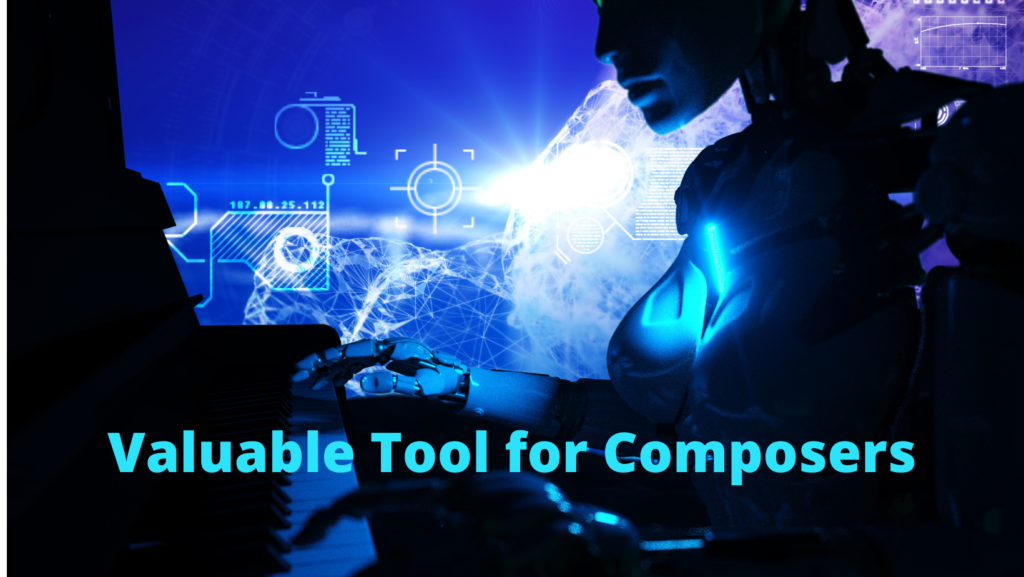
The reason for this is that composing great music requires an understanding of emotion and human psychology, something that AI just doesn’t have. In addition, composing music is often an organic, creative process that unfolds over time. AI simply isn’t capable of this kind of creativity. For now, at least, it seems that human composers will continue to reign supreme.
Conclusion
As you can see, there are a number of ways that AI is changing the music industry. From writing and production assistance to automated copyright protection, these tools are making it easier than ever for musicians to create and share their work with the world. So if you’re looking to take your music career to the next level, be sure to check out some of the AI tools that are available.
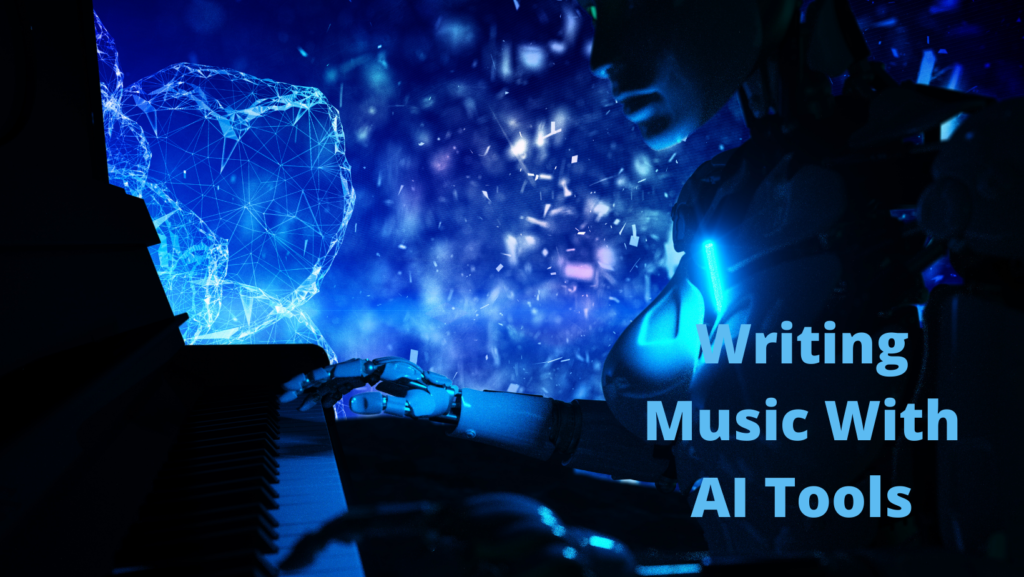
In a world where AI is becoming more and more commonplace, it’s no surprise that writing tools are also beginning to use this technology. While some people may be hesitant to use AI-assisted writing tools, there are many benefits that they can offer.
For starters, AI writing tools can help to make the features already available in our DAWS more focused and easier to use. They can also assist with melody creation, chord progression, and even parameter randomization. In other words, AI writing tools can be a valuable asset for any music creator who wants to improve their workflow.
So if you’re looking for a way to take your music to the next level, don’t be afraid to give AI writing tools a try.
AI Generator
Ownership Battle in the Age of AI-Generated Music

The emergence of artificial intelligence in music production has ushered in a new era of innovation. However, it has also sparked debates over ownership rights. As AI-generated music becomes more common, concerns about who owns these creations are brought to light.
This article delves into the legal battles and ethical debates surrounding AI-generated music ownership.
Defining Ownership in AI-Generated Music
In a traditional sense, determining the owner of the copyrighted material is straightforward. However, with AI-generated content, the situation becomes more complex.

Is the creator of the algorithm that generated the music the owner? Is it the person who trained the algorithm? Is it possible to claim ownership over something not directly created by human hands?
Grimes’s Controversial Tweet: A Case Study
Grimes’s tweet about allowing her voice to be used in AI-generated music exemplifies this issue. She said she would sell her digital soul for $10 million, granting an AI company permission to use her voice as they wished. The tweet sparked controversy, with some seeing it as selling out and others viewing it as a clever move.
Legal Battles and Intellectual Property
Ownership rights of AI-generated music are just starting to be tested in courts. In 2018, Sony won a landmark case against musician Kevin Parks Jr., who claimed he had created songs using Sony’s software without permission or compensation. The court ruled in favor of Sony since their software was used in creating Parks’ songs.
This ruling raises questions about whether algorithms can be considered intellectual property or merely tools used by creators. If algorithms are deemed intellectual property, there may be issues surrounding their licensing for commercial use.
Record Labels and the Changing Dynamics
As record labels adapt to the rise of AI-generated content, they, too, must confront ownership rights issues. Record labels have historically owned much of the copyright associated with artists’ work; however, this dynamic may change as more artists turn to AI-generated music.
If an artist uses an AI program to create a piece of music, who owns the rights to that work? Is it the artist or the creator of the algorithm that generated it?
Implications for Streaming Platforms
The rise of AI-generated music also impacts streaming platforms like Spotify and Apple Music. These platforms have already faced criticism for their low royalty payouts to artists, and if AI-generated content becomes more prevalent, this issue may only worsen.
Additionally, as record labels lose some control over ownership rights, they may push for higher payouts from these streaming services.
Public Domain and AI-Generated Music
The implications of AI-generated music on the public domain are worth considering. AI algorithms often use existing music data to create new compositions, raising questions about whether AI-generated music should be considered part of the public domain or if new legal frameworks are needed to protect both original creators and AI developers.
When an AI algorithm generates music based on existing works, it can be difficult to determine if the resulting composition is a derivative work or an entirely new creation. If AI-generated music is considered part of the public domain, it may limit the rights of original creators whose work was used as input. On the other hand, if AI-generated music is granted copyright protection, it could potentially stifle creativity and limit access to cultural works.
Moral Rights and AI-Generated Music
The concept of moral rights is particularly relevant in the context of AI-generated music. Moral rights protect an artist’s right to be recognized as the creator of their work and to preserve the integrity of their creations. It is important to discuss how moral rights might apply to AI-generated music and the potential challenges that may arise.
In the case of AI-generated music, it can be difficult to determine who should be recognized as the creator: the original artist whose work was used as input, the developer of the AI algorithm, or both. Additionally, AI-generated music may inadvertently modify or distort the original work, potentially violating the moral rights of the original creator.
AI-Generated Music and Fair Use
The concept of fair use plays a significant role in the context of AI-generated music. Fair use is a legal doctrine that allows for the limited use of copyrighted material without requiring permission from the rights holder. It is important to discuss whether AI-generated music, which often relies on existing music data, can be considered fair use and the potential legal implications that may arise.
When AI algorithms use existing music as input, they may be seen as transformative, creating new works based on the original material. However, the extent to which AI-generated music can be considered fair use is not yet clearly defined in the law, and it may vary depending on the degree of transformation and the potential market impact on the original work.
In conclusion, addressing the additional topics of public domain, moral rights, and fair use in AI-generated music contributes to a more comprehensive understanding of the various legal and ethical issues surrounding this emerging technology. As AI-generated music becomes more prevalent, it is crucial for legal frameworks and industry practices to adapt in order to balance the rights of creators, AI developers, and the public interest.
The Future of Ownership Rights
In conclusion, ownership rights in the era of AI-generated music are uncertain at best. As more legal battles arise and ethical debates continue, it is clear that traditional copyright laws will need to adapt to keep up with technological advancements.
The struggle for ownership is just beginning, but it will undoubtedly shape the future of the music industry for years to come.
AI Generator
Nurturing Human Creativity in the Age of AI

As AI technology advances, it is essential that we find ways to nurture human creativity and ensure its essential role in music creation. This article explores strategies for fostering human ingenuity in the age of AI-generated music.
Maintaining the Human Touch
One approach to preserving human creativity is to view AI as a tool for artistic expression, rather than a replacement for it. Artists can use AI-generated music as a starting point for their compositions, layering their own unique ideas and experiences on top of the AI-generated foundation.
This approach allows musicians to maintain their creative voice while still taking advantage of the innovative capabilities of AI.
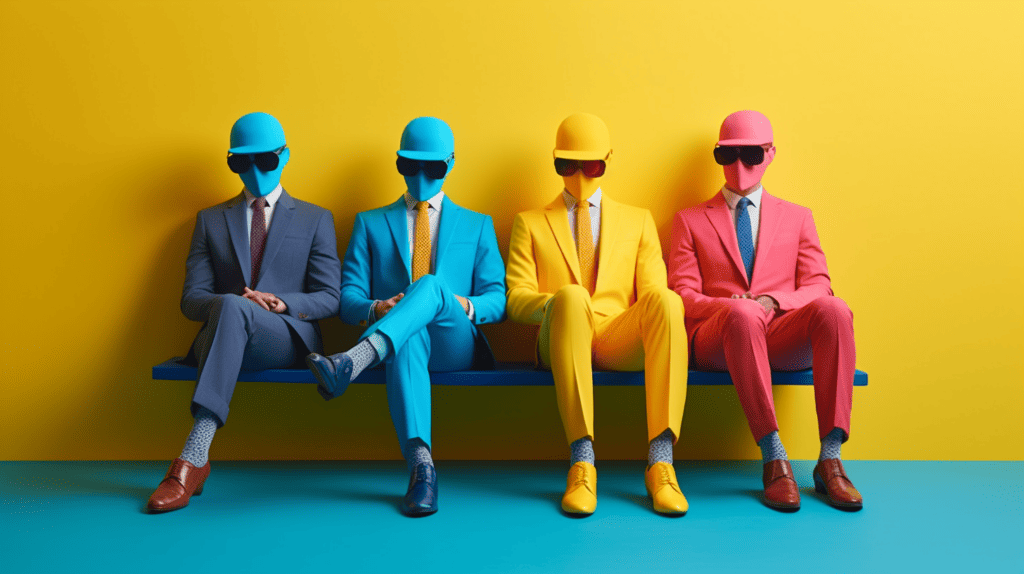
Encouraging Collaboration Between Humans and AI
Another approach is to encourage collaboration between human musicians and AI systems. By working together, artists can leverage AI-generated music’s strengths, such as the ability to process and analyze vast amounts of data, while also contributing their own creative ideas and emotions.
This collaborative approach can lead to the creation of entirely new musical genres and styles, as well as a deeper understanding of the relationship between humans and AI.
Investing in Music Education and Artistic Development
To ensure that human creativity remains a central component of music creation, it’s crucial to invest in music education and artistic development.
By teaching future generations about the importance of creativity and providing them with the skills needed to navigate the evolving music landscape, we can help maintain the human touch in the age of AI-generated music.

Creating Ethical Guidelines for AI-Generated Music
Finally, establishing ethical guidelines for the use of AI-generated music can help maintain a balance between the benefits of this technology and the importance of human creativity.
These guidelines could include regulations around ownership rights, compensation, and the appropriate use of AI-generated music in various contexts. By providing clear ethical standards, we can help ensure that AI-generated music is used responsibly and in ways that support human creativity.
Educating the Public About AI-generated Music
As AI-generated music becomes more prevalent, it is essential to educate the public about its implications, benefits, and challenges. Public awareness can help people make informed decisions about the music they consume and create a better understanding of the technology behind it. This includes discussing the various ethical considerations, ownership rights, and the impact on artists and the music industry as a whole.
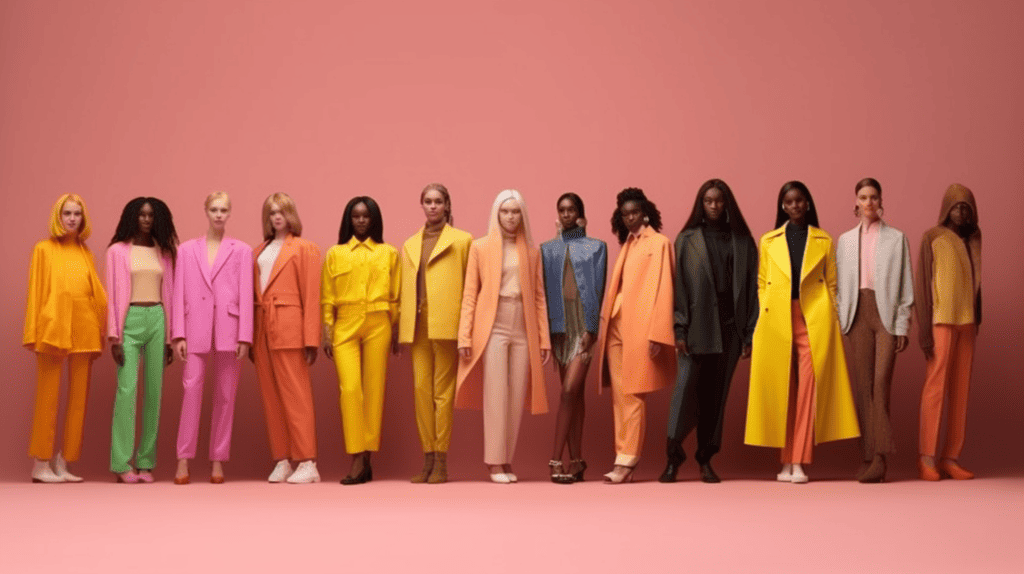
Educational programs, workshops, and online resources can be developed to inform the public about AI-generated music and its potential effects on the industry. By providing accessible information, people can better navigate the landscape of AI-generated music and develop informed opinions about its role in society.
Accessibility and Inclusivity in AI-generated Music
AI-generated music has the potential to make music creation more accessible and inclusive for people with disabilities or those who face other barriers to traditional music production. AI technology can provide alternative methods for composing, arranging, and producing music that may be more accessible to people with physical or cognitive limitations.
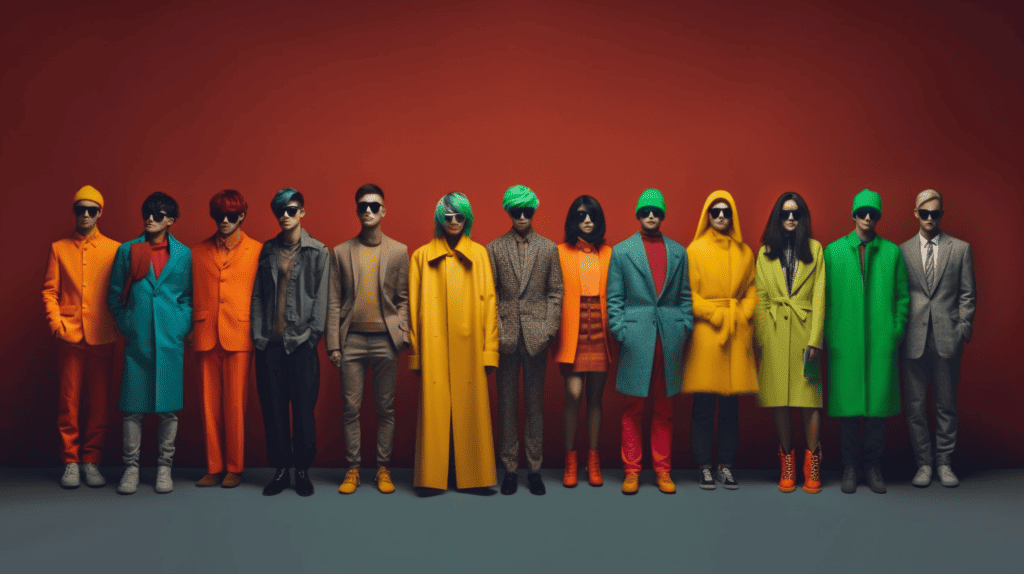
For example, AI-generated music can provide an opportunity for people with limited mobility to create music through voice commands or other alternative input methods. This can empower individuals who may not have had the opportunity to participate in music creation in the past.
However, it is essential to address potential challenges in accessibility and inclusivity, such as ensuring that AI-generated music tools are designed to be user-friendly and cater to a wide range of users, regardless of their abilities.
AI-generated Music in Film, TV, and Advertising
AI-generated music is not limited to the traditional music industry; it also has applications in other media, such as film scores, television soundtracks, and advertising campaigns. AI-generated music can provide an efficient and cost-effective alternative to traditional composition methods for various media projects, especially for smaller productions with limited budgets.
By utilizing AI-generated music in these contexts, creators can access a vast library of music that can be tailored to their specific needs, such as matching the tone or mood of a film scene or creating a catchy jingle for an advertising campaign.
AI-generated Music for Therapeutic Purposes
AI-generated music has potential applications in therapeutic contexts, such as mental health treatment, relaxation, or pain management. By utilizing AI-generated music, therapists and healthcare professionals can develop personalized music interventions to meet the specific needs of their patients.

For example, AI-generated music can be used to create customized relaxation playlists that cater to individual preferences and respond to the listener’s physiological signals, such as heart rate or breathing patterns. This personalized approach can potentially enhance the effectiveness of music-based interventions in promoting relaxation and reducing stress.
Future Developments and Trends in AI-generated Music
As technology continues to advance, AI-generated music is expected to become more sophisticated and versatile. Future developments may include the creation of new AI-driven instruments, more advanced algorithms capable of generating complex compositions, and the integration of AI-generated music into live performance settings.
These advancements may lead to new genres of music, innovative performance styles, and novel ways of engaging with music as both creators and listeners. However, it is important to continue addressing the ethical considerations, ownership rights, and potential impacts on artists and the music industry as these advancements unfold.
Conclusion
In conclusion, while AI-generated music presents challenges for human creativity, it also offers new opportunities for artistic expression and innovation. By maintaining the human touch, encouraging collaboration between humans and AI, investing in music education, and establishing ethical guidelines, we can foster human creativity in the age of AI-generated music.
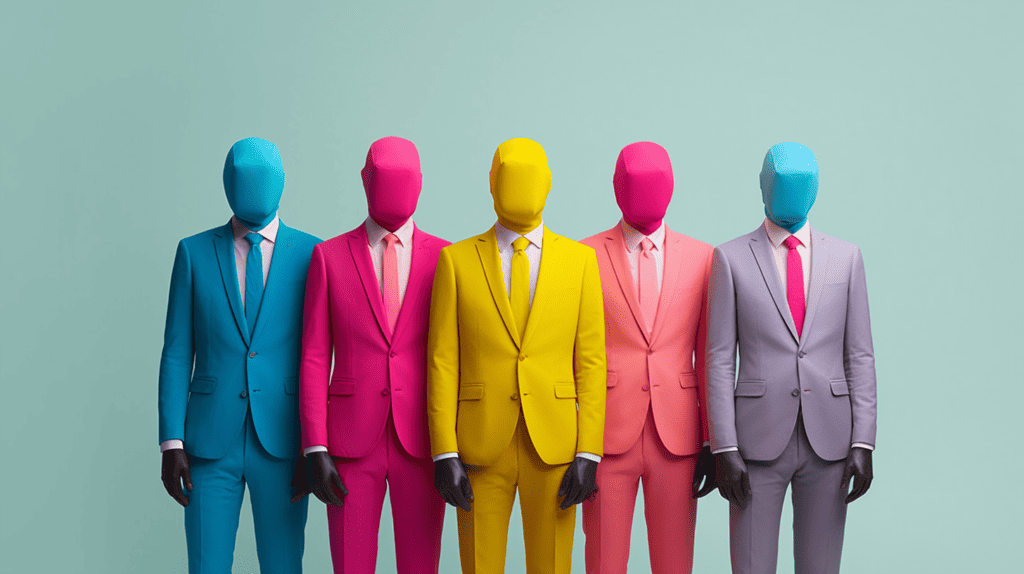
Ultimately, it’s up to us as a society to find ways to embrace this technology while also ensuring that human creativity remains at the heart of music creation.
Amore comprehensive understanding of AI-generated music’s role in the broader cultural and societal context, as well as potential future directions for this technology. By considering these aspects, we can develop a well-rounded perspective on the impact of AI-generated music and its potential to shape the future of music creation and consumption.
AI Generator
The Influence of Artificial Intelligence on The Creation of Music

A New Era of Creativity and Expression
Music has always been a strong reflection of human innovation and emotions. Throughout history, our voices and musical instruments have played a crucial role in expressing our feelings, telling stories, and building relationships with others. As technology has advanced, our ways of creating music have also progressed.
Modern musicians now have access to various tools, enabling them to manipulate sound in unimaginable ways. Synthesizers can emulate virtually any sound, while digital audio workstations facilitate precise editing and manipulation of recorded tracks. And now, the rise of artificial intelligence (AI) offers musicians even more possibilities for music creation.
AI Applications in the Music Industry
AI is being utilized in multiple ways within the music industry. One popular application is generating original compositions based on existing musical data sets. By analyzing millions of songs across genres and periods, AI algorithms can identify patterns and generate new melodies or chord progressions that fit within those patterns.
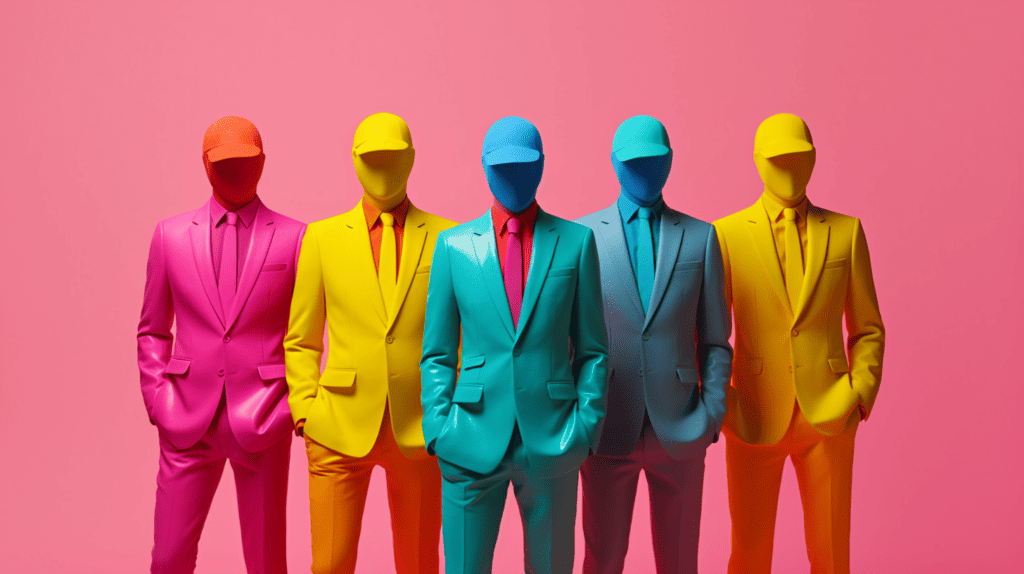
Another application involves using AI to enhance existing performances or recordings. For instance, software like iZotope’s RX can isolate individual instrumental tracks from a mix and remove unwanted noise or artifacts without impacting the rest of the recording.
Unintended Consequences and Concerns
However, as with any emerging technology, unintended consequences arise from using AI in music creation. One worry is that AI-generated music might lack the emotional depth and nuance that human performance offers. While an algorithm can create technically proficient melodies or chord progressions, it may not capture the same sense of emotion or passion found in a live performance.
Another concern revolves around ownership rights of AI-generated music. If an algorithm generates an original composition based on data sets owned by multiple parties (such as record labels or streaming platforms), who has the rights to that composition? This question has already sparked legal battles between artists collaborating with AI algorithms and those claiming ownership over their contributions.
Harnessing AI for Collaboration and Growth
Many musicians and industry professionals see AI as an opportunity for collaboration and growth. AI can be a creative assistant, inspiring artists, helping them overcome writer’s block, or even offering suggestions to improve their compositions. As AI technology continues to evolve, its ability to learn from and adapt to a musician’s style will improve, further enhancing the creative process.
AI in Music Education and Talent Discovery
AI also has the potential to revolutionize music education and talent discovery. With AI-powered music learning apps and platforms, students can receive personalized instruction based on their skill level and learning style. Furthermore, AI can analyze and identify undiscovered talent by evaluating their performances and predicting their potential for success.
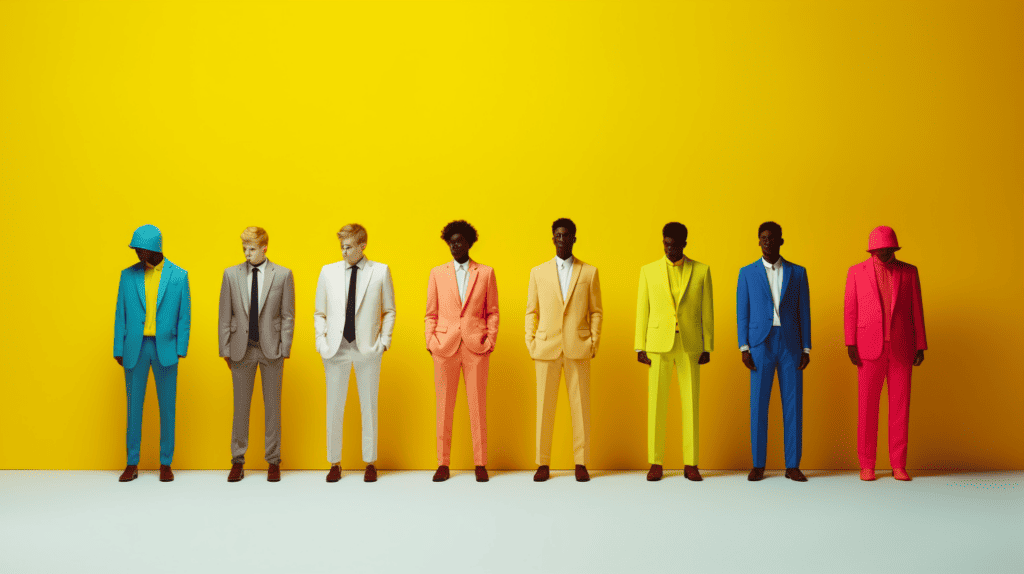
Addressing Ethical Considerations and Regulations
To ensure the responsible integration of AI into the music industry, it is essential to address ethical considerations and establish regulations. For instance, guidelines should be set to ensure that AI-generated compositions do not infringe on existing copyrights or that AI technology is not used maliciously to plagiarize or manipulate the work of others.
Additionally, as AI-generated music becomes more prevalent, it is crucial to develop clear standards for crediting the contributions of both human artists and AI algorithms to a given work. This will help to prevent legal disputes and foster a fair and transparent environment for all parties involved.
Ethical Considerations in AI-Generated Music
As AI-generated music becomes increasingly widespread, various ethical concerns emerge. Some of these concerns include the potential for AI-generated music to contribute to cultural appropriation, the dilution of traditional music styles, or the homogenization of music in general.
Cultural Appropriation
Cultural appropriation occurs when elements of one culture are adopted or used by members of another culture, often in a way that is disrespectful or exploitative.

AI-generated music, which often relies on large datasets of existing music, might inadvertently incorporate elements of various cultures without giving proper credit or understanding the cultural context. This can result in the misrepresentation or trivialization of the original culture and may lead to further marginalization of underrepresented communities.
Dilution of Traditional Music Styles
AI-generated music algorithms are often designed to identify popular patterns and trends within the music they analyze.
As a result, the output may lean heavily toward mainstream or widely-accepted styles, which can dilute traditional or less-popular music styles. Over time, this may result in a decline in the diversity of music genres and a loss of unique cultural expressions and heritage.
Homogenization of Music
The widespread use of AI-generated music could also contribute to the homogenization of music, as algorithms tend to create compositions based on patterns and trends found in existing data. This may result in technically proficient music lacking the distinctiveness and creativity found in human-generated compositions.
As AI-generated music becomes more prevalent, there is a risk that the rich tapestry of diverse musical styles and influences may be reduced to a more uniform, less imaginative landscape.
In conclusion, while AI-generated music offers exciting opportunities for innovation and new forms of creativity, addressing and considering the ethical implications of its widespread use is crucial. It is essential to develop ways to preserve cultural diversity and respect the heritage of various music styles while embracing the potential of AI in music creation.
Embracing the AI-Infused Future of Music
The increasing influence of AI in the music industry offers an exciting new frontier for creativity, collaboration, and innovation. By addressing the potential concerns and working together to create ethical guidelines and regulations, musicians, industry professionals, and AI developers can ensure that the integration of AI into the music landscape is both responsible and beneficial.
As we embrace this AI-infused future, we can look forward to new and innovative ways to create and enjoy music, while also remaining mindful of the potential pitfalls and challenges that come with any technological advancement. With the right approach, the future of music and AI has the potential to be a harmonious and groundbreaking partnership.
Despite these concerns, it’s undeniable that AI is revolutionizing the music industry in thrilling ways. It enables new forms of creativity and experimentation while also presenting unique challenges for artists and record labels alike. As we continue to navigate this new era of music creation, it will be fascinating to see how these unintended consequences evolve.
-
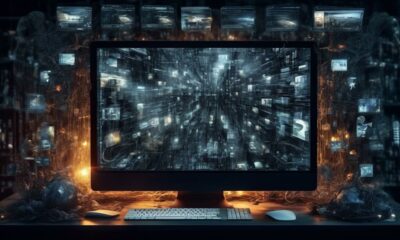
 Vetted2 months ago
Vetted2 months ago11 Best Gore Websites to Explore the Darker Side of the Internet
-
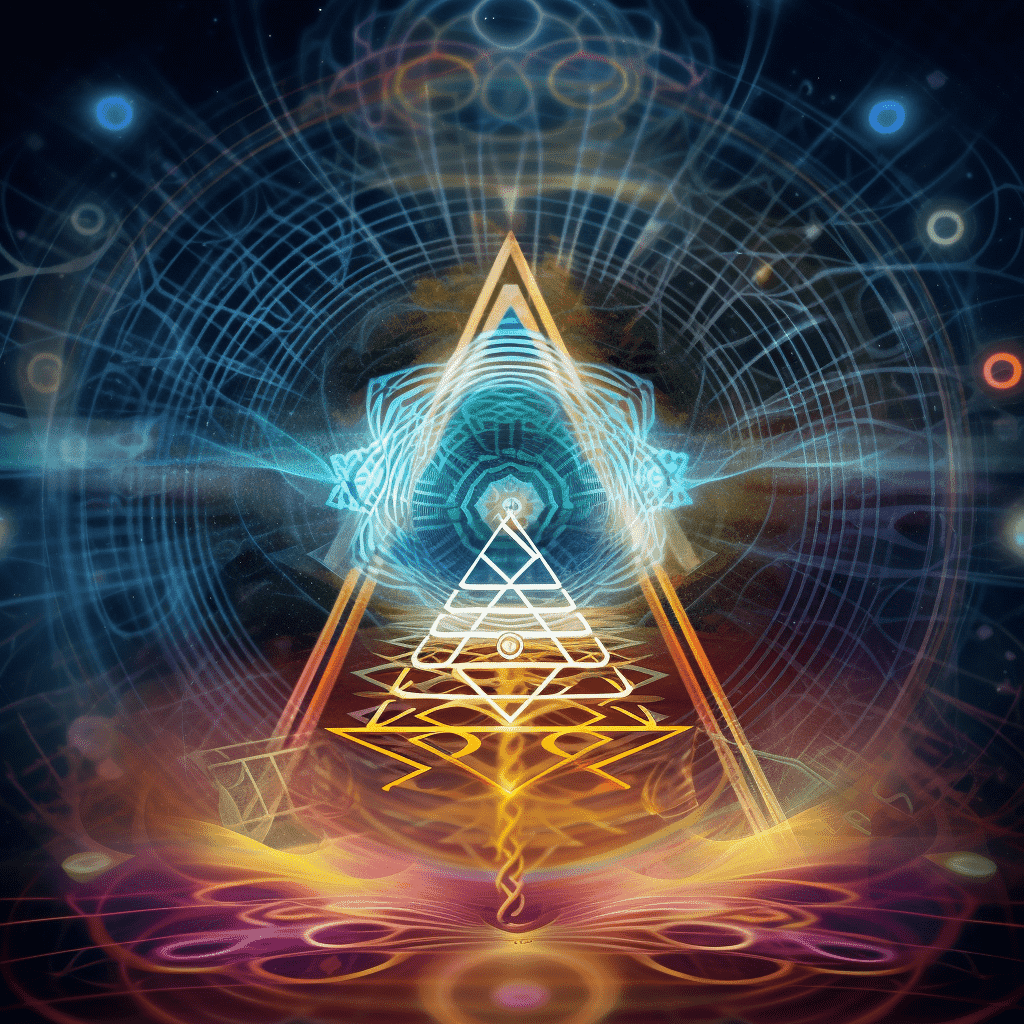
 Music Theory2 weeks ago
Music Theory2 weeks agoUnlocking Nature’s Harmony: The Power of 432 Hz Frequency in Sound & Music for Enhanced Living and Well-Being
-

 Vetted1 month ago
Vetted1 month ago15 Best Commercial Vacuum Cleaners for Heavy-Duty Cleaning Jobs
-

 Vetted2 months ago
Vetted2 months ago15 Best Essential Oils Brands to Elevate Your Aromatherapy Experience
-
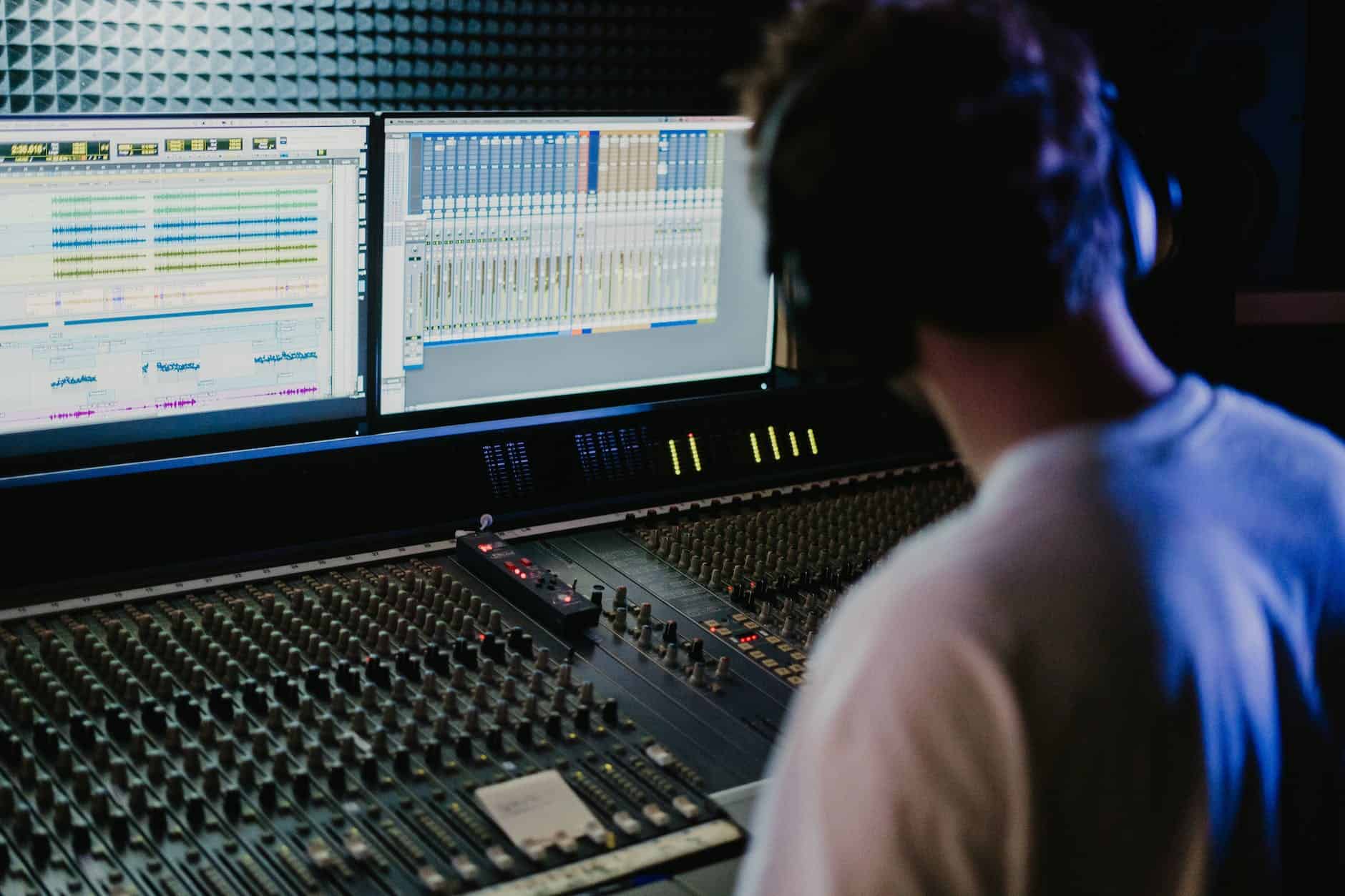
 Sound Design2 weeks ago
Sound Design2 weeks agoWhat Is the Difference Between a Sound Engineer and A Sound Designer?
-

 Native Instruments Kontakt2 weeks ago
Native Instruments Kontakt2 weeks agoVOCAL AI – Animated Intelligence: The Ultimate Vocal Playground
-
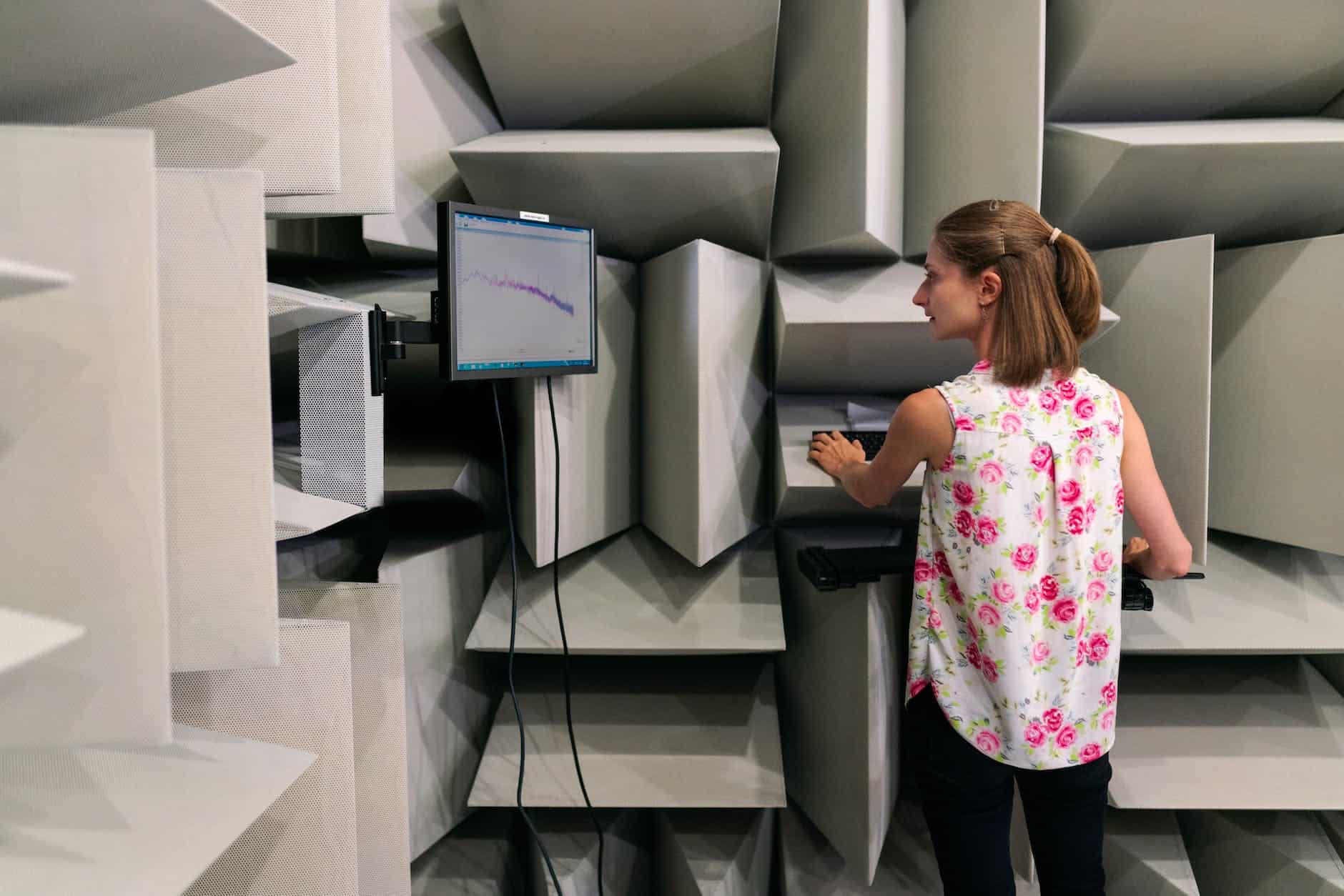
 Sound Design2 weeks ago
Sound Design2 weeks agoWhy Sound Engineer
-

 Vetted2 months ago
Vetted2 months ago15 Best Concrete Sealers for Ultimate Protection and Longevity









